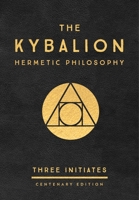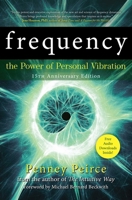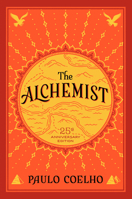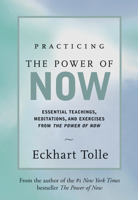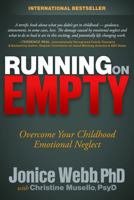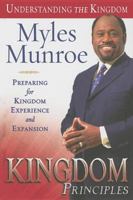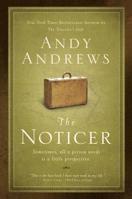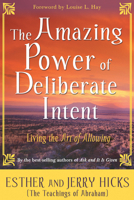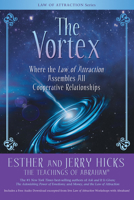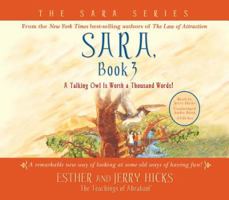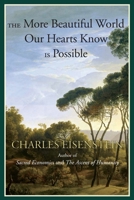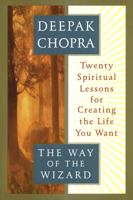Adapt or Wait Tables
Select Format
Select Condition 
You Might Also Enjoy
Book Overview
Inability to adapt is the new illiteracy and freelancing is becoming America's new normal. What 2008 taught America was not just that derivatives are dangerous and the housing market doesn't rise forever. It also taught us that survival requires juggling and pivoting, two skills that any freelancer is forced to acquire if they want to keep paying their rent. Adapt or Die is a mix of information, tricks and advice for all the freelancers out there, and the ones who will be stepping onto that playing field as they graduate from college. Written by a freelance writer who has spent the past two decades covering Hollywood and the world of pop culture and fashion, their tips for survival are laced with gossip and references to the famous as well as what they call the "secret celebrities" whose paths they have crossed. Consider this an entertaining how-to manual for anyone with ambition and no road map.
Format:Paperback
Language:English
ISBN:1844742261
ISBN13:9781844742264
Release Date:November 2007
Publisher:IVP
Length:224 Pages
Weight:0.70 lbs.
Dimensions:0.7" x 5.4" x 8.2"
Customer Reviews
2 customer ratings | 2 reviews
Rated 5 starsEmotional well being is the key to end violence.
By Thriftbooks.com User,
This book explains how the emotions develop from conception through adolescence. It points out how crucial emotional development is to a person choosing to lead a altruistic, cooperative and creative life resulting in a person being naturally moral, automatically considerate of others and having a healthy passion to fulfill his or her purpose in life.
0Report













